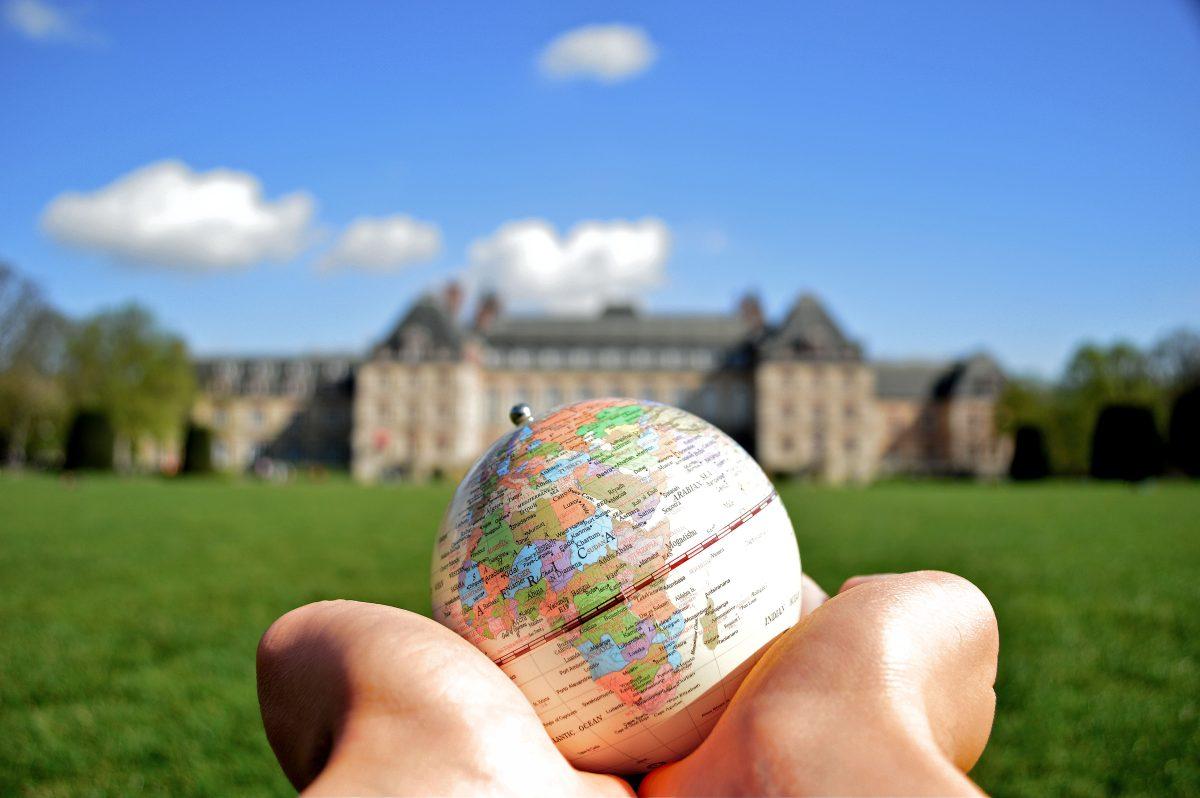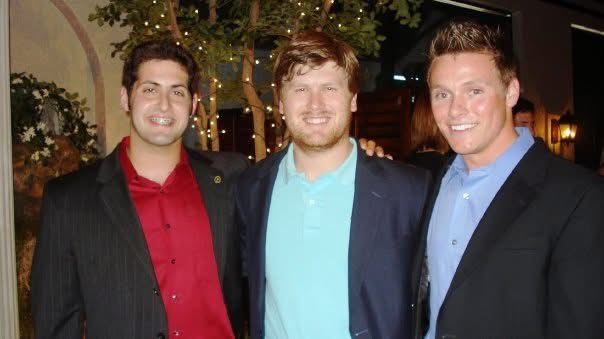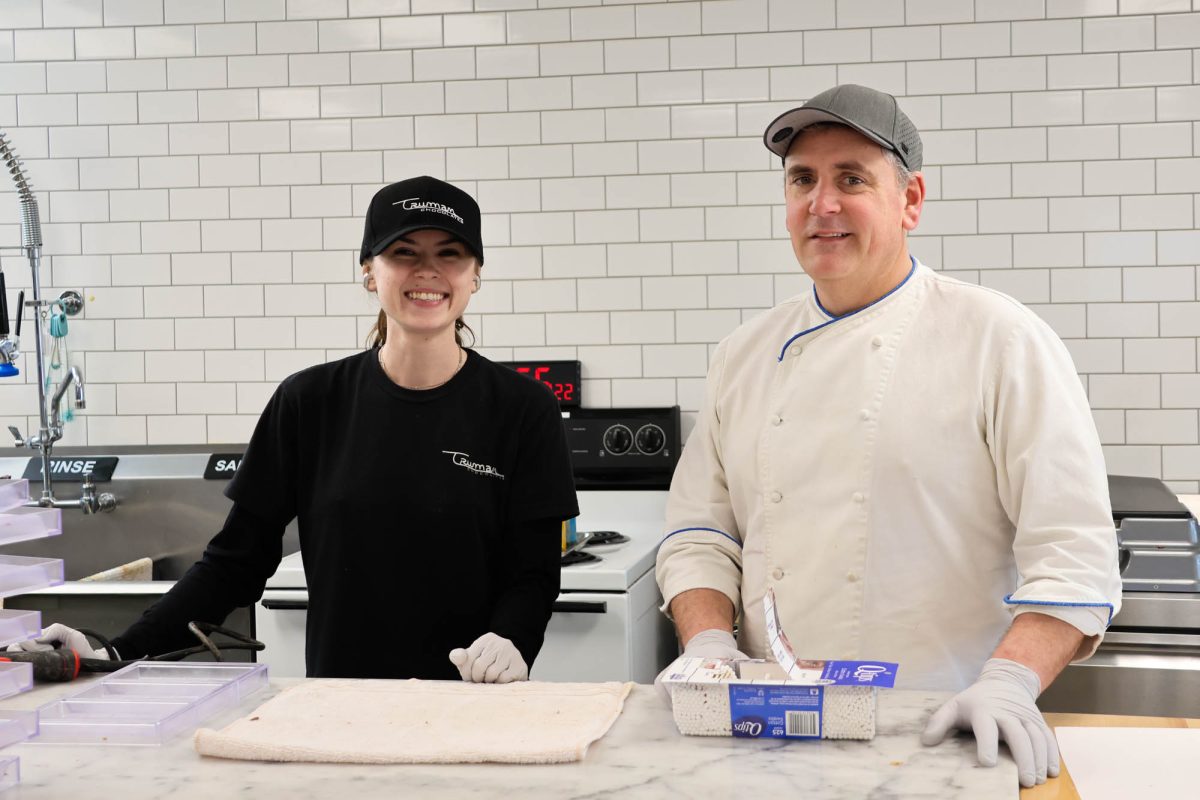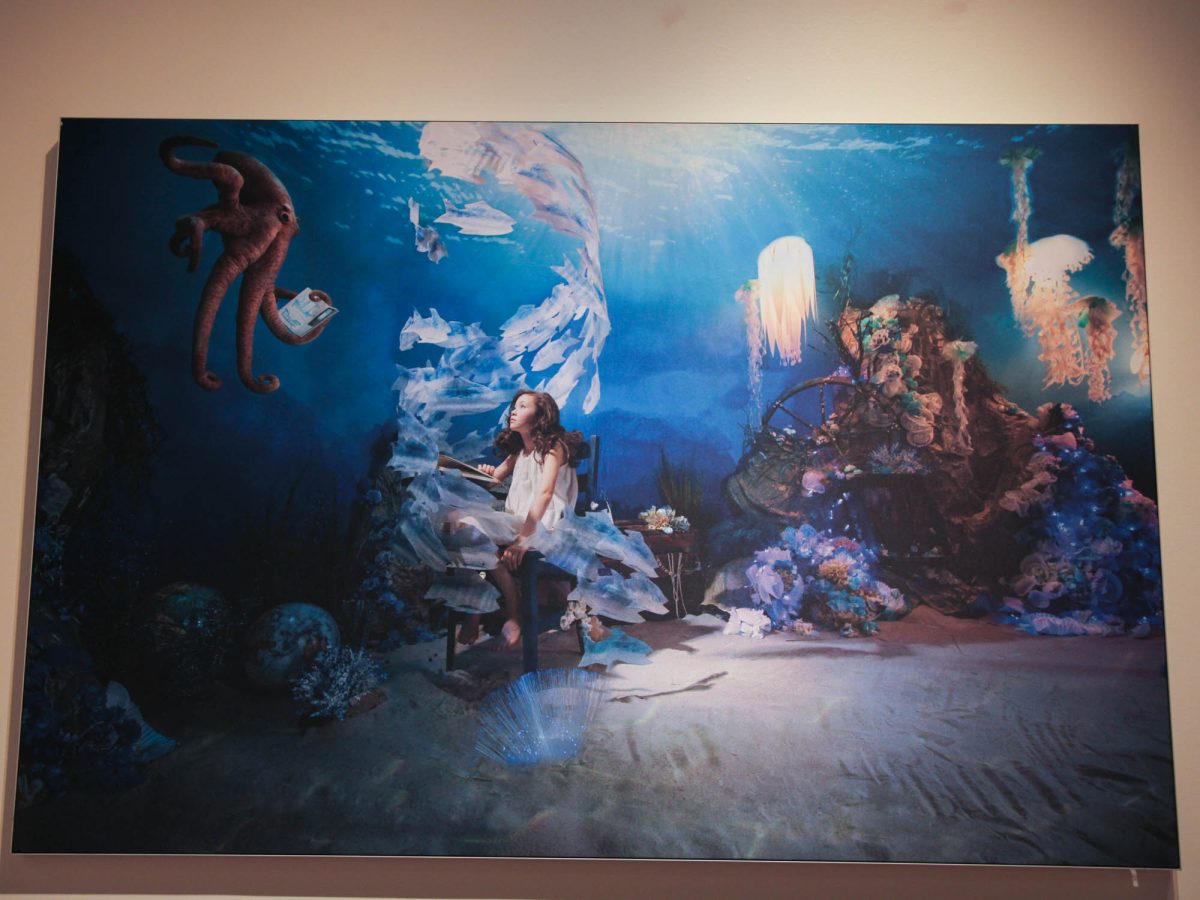In summer 2023, international studies junior Ella Foulkrod studied abroad in Morocco for 10 weeks under the tutelage of professor Salah Ayari. Foulkrod loved the trip, but said the last big thing the group did together in Merzouga was her favorite. The group didn’t do any educational tours but instead went dune bashing, stayed in a nice hotel and rode camels.
Foulkrod’s experience, found among many students, has helped push Texas A&M to be one of the top-ranked universities for study abroad opportunities.
A&M ranked first in the U.S. for sending students abroad, with 569 students visiting other countries during the 2020-21 academic year, according to Open Doors, a ranking program of the Institute of International Education.
There are three main types of programs that a student can attend, A&M Global Services program coordinator Jessica Meado said. Meado works specifically with affiliate provider programs, organizations that create study abroad or internship opportunities for students. An affiliate provider is a company that provides study abroad programs through a foreign university for transfer credit to A&M, Meado said.
The second type of program a student can participate in is an exchange program, which is also for transfer credit, Meado said.
“Either Education Abroad or the colleges have partnerships with specific institutions where we send them our students, and they send us their students,” Meado said.
The final type of program offered are faculty-lead trips, one of which is led by professor Sylvie Bausseron. Bausseron said the trip goes to Perpignan during the month of June.
As an immigrant originally from France, Bausseron said she always enjoys returning to her home country.
“When I go back to France, I know what to expect,” Bausseron said. “When I go back to France with the students, they will notice things that I don’t notice anymore as being new.”
Communication professor Nathan Crick has led trips to both Italy and Ireland. The Department of Communication & Journalism’s COMM to Italy trips last for an entire spring semester in Castillo and Florentino, Crick said. After that, he said he organized his own trip for students to Florence.
“I wanted one where it was more immersive in the cultures itself and in more of an urban setting,” Crick said.
Crick also leads trips to Galway and Dublin in Ireland, he said.
Meado, Crick and Bausseron all said they agree that the university fosters a good culture for studying abroad with each college being represented in the Education Abroad office. The College of Engineering also has the Halliburton Engineering Global Programs, and Mays Business School has the Center for International Business Studies, Meado said.
The Education Abroad office holds outreach events through presentations and tabling, and has multiple advisors who are able to discuss any program, including more specialized ones.
“Any student that wants to — is even remotely thinking about wanting to have an international experience — I would highly encourage to talk to advisors,” Meado said.
The Education Abroad office also serves as a passport office which is open to the public, according to the Global Engagement Services website.
The office also is committed to diversity, winning the Excellence in Diversity & Inclusion in International Education award in 2021 from Diversity Abroad, an organization that helps minority students experience international education, according to the Diversity Abroad website.
The Education Abroad office offers a 24/7 helpline for students abroad, as well as other services, according to its website.
“We try to do check-ins,” Meado said. “Just to triage any issues students may have.”
Each person engaged with helping students travel abroad offered similar advice to those unsure about whether to study abroad or not: do it.
“If you don’t, you’ll regret it,” Bausseron said.
Meado, Crick and Bausseron cited the many benefits of experiencing unfamiliar places.
“Studying abroad is a completely irreplaceable experience because it immerses you in situations culturally,” Crick said.
Foulkrod encouraged students to do what she did and study abroad.
“You get stuck in one environment in college,” Foulkrod said. “Have a culture shock before you graduate.”
Richard Hicks is a communication senior and contributed this article from the course JOUR 203 to The Battalion.










